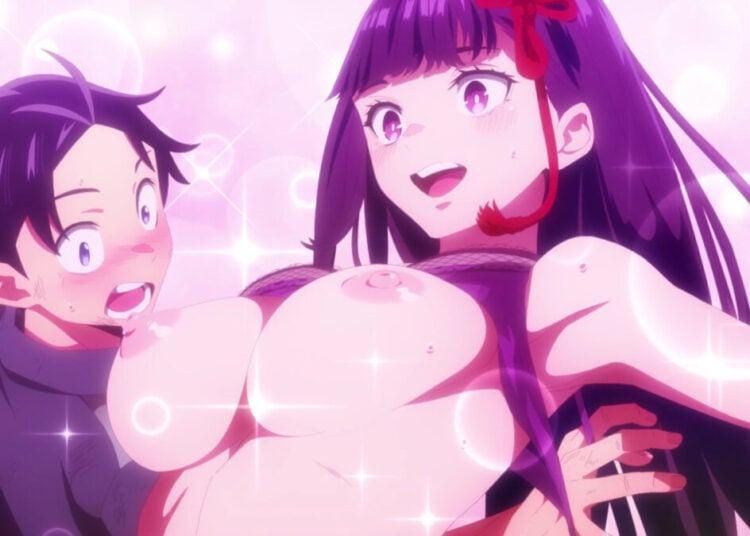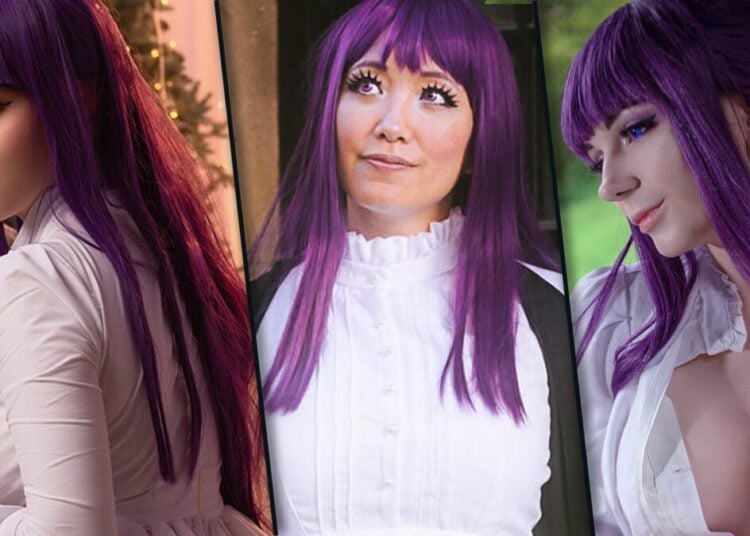In my opinion, any year that we get new anime is a good year as every year has something to offer everyone. Seasonal anime watchers might not have the time and energy to watch everything that airs in a given season but, generally, they can find at least a couple of series that will appeal to them.
There are some years, however, that are greater than others. Some years are so packed with excellent series that it’s almost hard to believe that so much goodness could come out all at the same time. 2011 was one of those years and I would go so far as to argue that it was the greatest year for anime in my lifetime.
How am I defining the “greatest” year for anime? A recent year like 2019 could be a candidate because it was the year Demon Slayer: Kimetsu no Yaiba grabbed everyone’s attention. Or maybe it should be 2016, because of the way the movie Your Name became an international sensation? You could also pick almost any year in the 80s or 90s because of the originality being displayed by budding creators of all stripes, where series like Ranma ½, Dragon Ball, Rurouni Kenshin, Sailor Moon, and many others took the world by storm and ushered in a golden age that created millions of fans around the world.
But my greatest year for anime is the year with the most quality releases, for the widest variety of audiences. With that definition, no year stands up to 2011. No matter what you like, there was something for you. If the genre existed, 2011 had it on offer.
Comedy
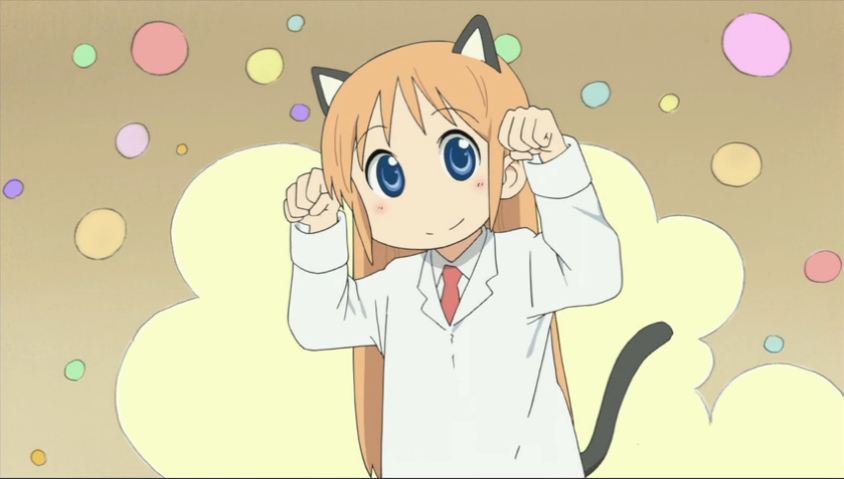
Comedy will always be the most subjective genre in anime as there’s no possible way to say that a series will appeal to everyone. Luckily for fans of the genre, there were multiple comedies that managed to make audiences laugh throughout 2011, including the underrated action comedy Ben-To about students getting into all-out brawls in supermarkets over who gets to buy the discounted bentos. Then there was the oddball Nichijou from Kyoto Animation which famously did very poorly in Japan but still managed to find a cult audience. Add to that the punnerific series Squid Girl about an invader from the ocean coming onto land to get revenge for humans polluting the sea, only to fail on her first day and get roped into helping at a beachfront restaurant. And those are just the tip of the iceberg!
Coming of Age
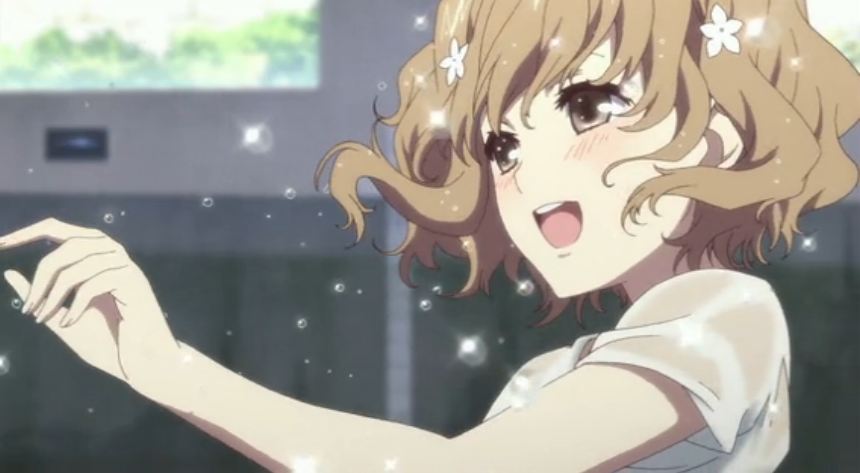
This was also a special year for coming of age stories with two, in particular, standing out for their overall excellence; Hanasaku Iroha from P.A. Works and perhaps the most important series of the year that flew under a ton of radars, Wandering Son. With Hanasaku Iroha you have a story about a girl who is forced to leave her city home and go stay with her grandmother who runs a traditional Japanese inn. There the girl named Ohana must grow up very quickly as she learns the ins and outs of working a job with people who take it very seriously.
The latter series, on the other hand, features two trans children discovering their personal identities and coming to grips with them. While Wandering Son didn’t light the world on fire nor did it find much of an audience at the time, it was still a landmark series for the year which presented the struggles that children who are in the gender identity minority in Japan face all the time.
Josei
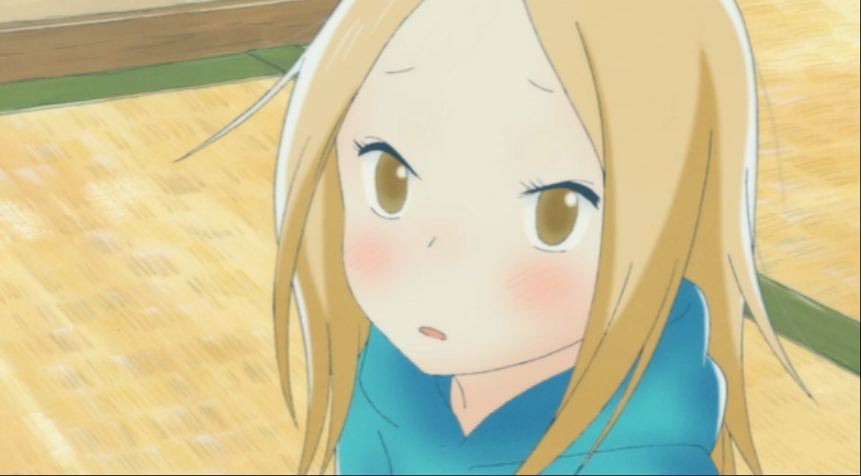
When it comes to josei series, it’s impossible to talk about this year without mentioning two different titles that blew audiences away with how good they were; Bunny Drop and Chihayafuru. Bunny Drop is one of those titles that stops at the absolute perfect time and doesn’t overstay its welcome by going into territory best left untouched from the source material. Telling a wonderful story about an adult man and his newly adopted daughter learning how to co-exist with each other, this anime continues to touch hearts to this day.
Chihayafuru, on the other hand, is a series that I almost let slip through my fingers and I thank my lucky stars every day that I caught this series when I did. Chihayafuru is one of those once in a blue moon series that manages to combine a niche topic (competitive karuta) and turn it into some of the most intense drama that you can experience with anime, thanks to the ongoing love story that never fails to satisfy.
Drama
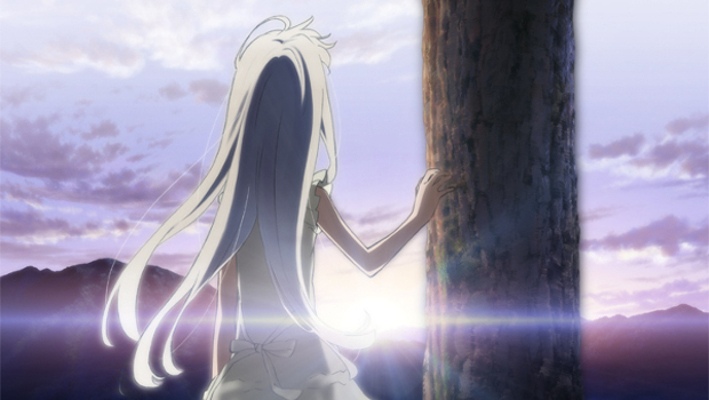
If you’re looking for straight drama, you can do no wrong by watching both AnoHana and one of the series to air this year that put Gen Urobuchi on the map, Fate/Zero. In AnoHana you have a painful story of regrets and secrets as a group of teenagers are reunited by the ghost of their dead childhood friend in order to send her to the afterlife.
Way on the other end of the spectrum, you have the action-packed Fate/Zero which shows the story of the Holy Grail war that happened prior to the main story beginning. If you’re interested in getting involved with the Fate franchise, this series is pretty much the best gateway into the series you can find, thanks in part to the wonderful animation produced by ufotable.
Shonen
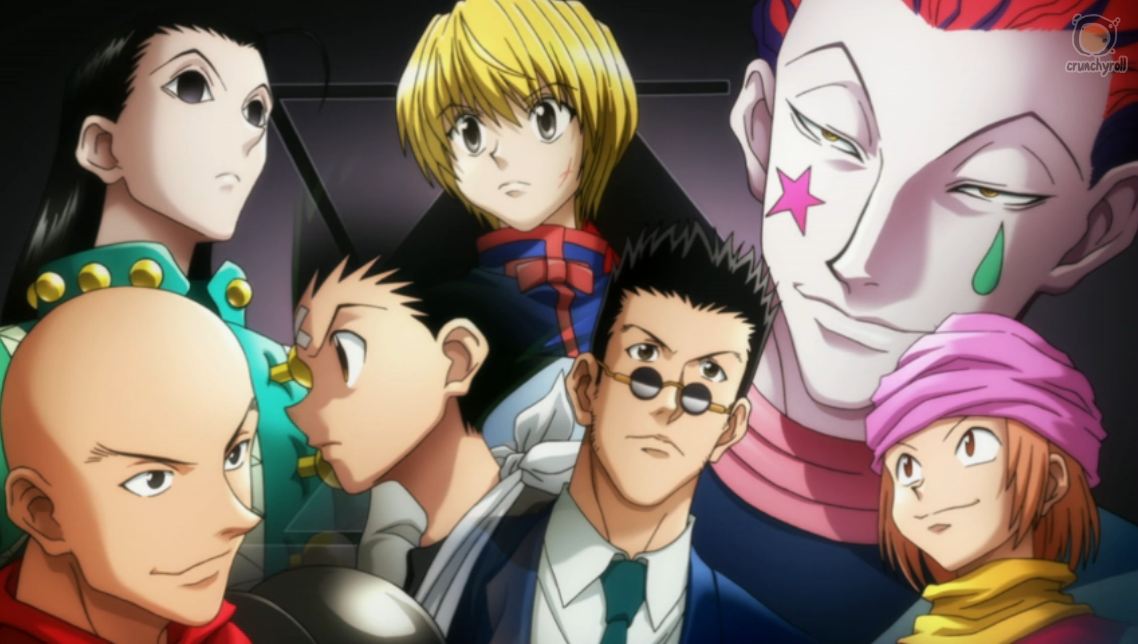
Shonen anime also had a pretty fantastic year with two series debuting that would go on to see great success: Hunter x Hunter and Blue Exorcist. Hunter x Hunter began this year and ended up running for 148 episodes while Blue Exorcist found its audience and would go on to have a sequel later in the decade.
Sci-Fi
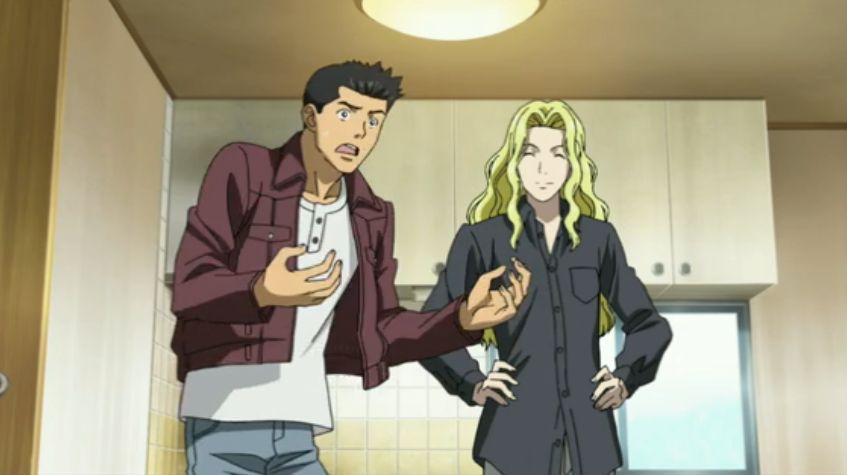
If your proclivities point more towards sci-fi, there were two excellent sci-fi released this year that fans still talk about, in varying degrees; the bizarre comedy Level E and the smash hit time travel series Steins;Gate.
It’s worth noting that Level E was created by the same author who penned the above-mentioned Hunter x Hunter. In this sci-fi comedy, a young man moves to a small town to start high school and join their baseball team. The problem? He’s run into someone who claims to be an alien with amnesia who wants to live in his apartment with him!
Steins;Gate is a series all on its own that hit the anime community like a sack of bricks. Taking a very tricky concept (time travel) and turning it on its head with a stellar story that spanned two solid cours, Steins;Gate was one of the series to beat this year when it came to naming the Anime of the Year.
Magical Girls
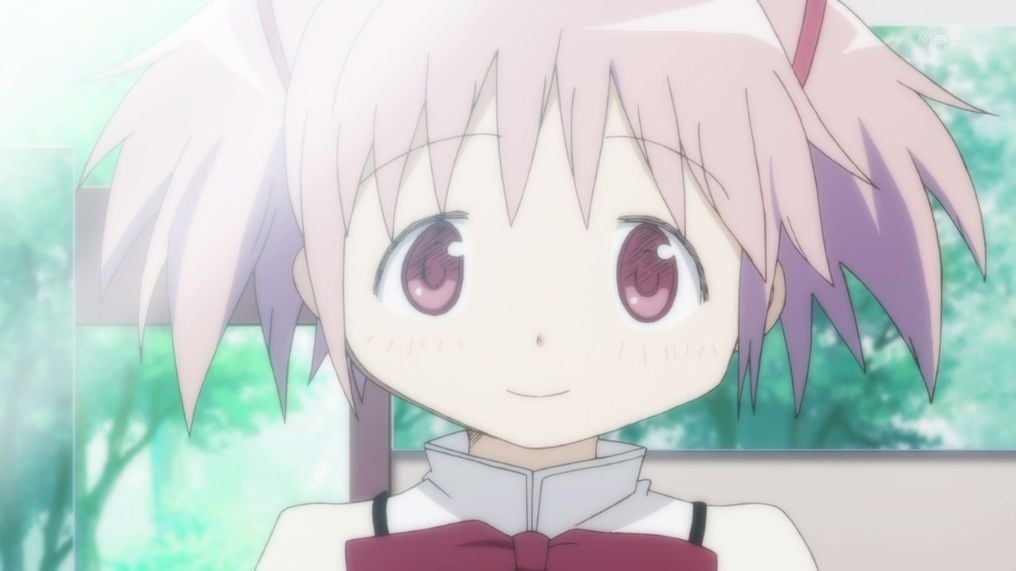
Another series that helped propel Gen Urobuchi into the stratosphere, Madoka Magica is a series that I’ve written about before, and will likely write about again. While Madoka Magica wasn’t the first series that attempted to tell a dark magical girl story, it’s arguably the one that did it best, sparking a trend that would see many other series attempt to capitalize on the success of the newly revitalized genre over the following few years. Rest assured though that if you’ve never watched Madoka Magica before, you are in for one wild ride that will be wrapped up in one of the finest endings to ever be created in anime history.
Superheroes
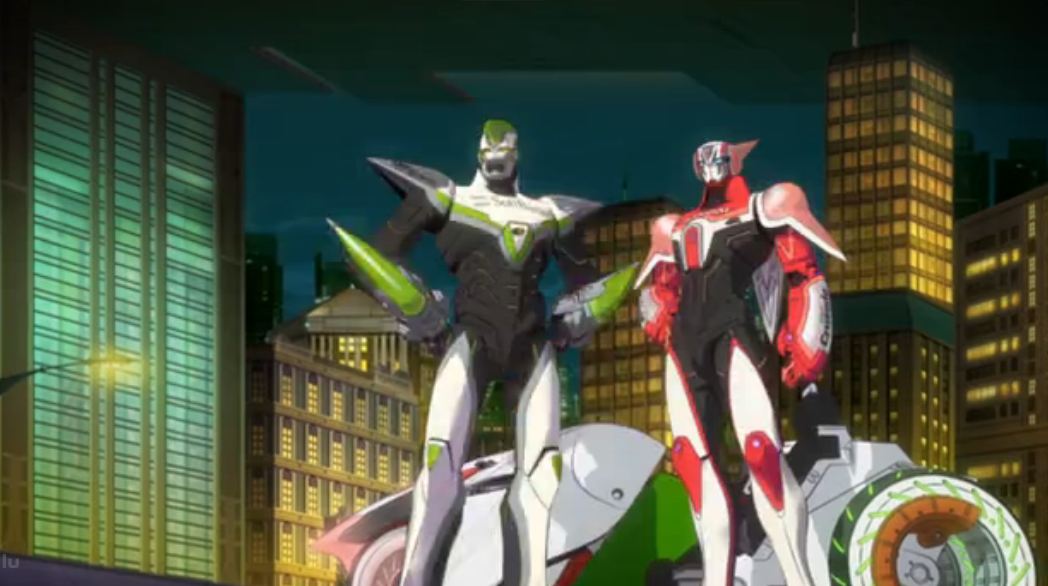
In a time before My Hero Academia, anime fans had to search elsewhere for their classic superheroes, and filling that void here were Tiger and Bunny and a quartet of anime series starring Marvel characters; Wolverine, Iron Man, Blade, and the X-Men.
Tiger and Bunny was a solid two cour series about superheroes fighting to earn points on a reality television program while also having to please their sponsors. It’s a surprisingly emotional journey for one hero, Wild Tiger, who is well past his prime and is faced with the tough decision of how he wants to retire; with grace and dignity or kicking and screaming on his way out.
Action/Adventure
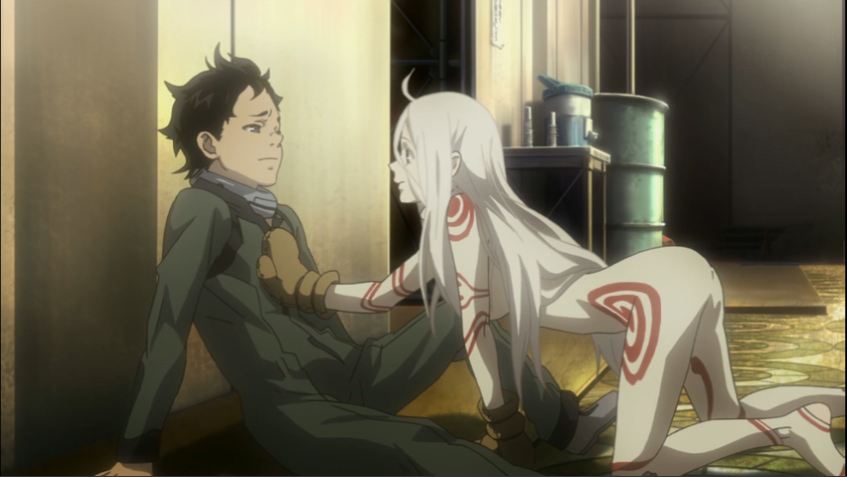
Did you think I had forgotten about those who enjoy high octane, intense action? Not at all! For you we have a pair of series that will knock the socks off of anyone who isn’t already prepared; Future Diary and Deadman Wonderland.
Future Diary started as a short before getting green-lit for a full television run. The story is about a kid who is granted the power to see into the future, thanks to his cell phone diary. What he doesn’t realize until it’s almost too late is that he’s been thrust into a survival game with life or death consequences against others who have specially powered cell phones too.
Deadman Wonderland is equally intoxicating with its action, as a young man is framed for the slaughter of his entire class and sent to prison. There inmates are forced to play bloody and violent games for the amusement of others.
Musical
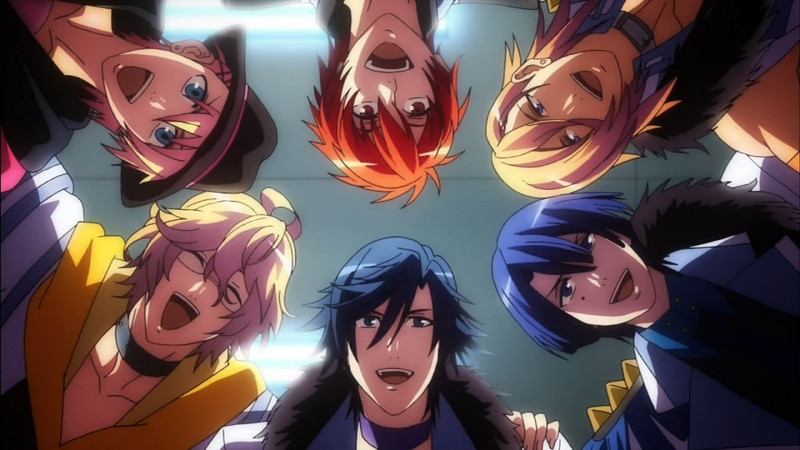
Finally, we come to a sentimental choice for myself; the musical series Uta no Prince Sama, which has managed to become an incredibly popular franchise over the last ten years. If you’re into bishounen idols, Uta no Prince Sama is likely something that you’ve watched or at least heard of in passing, thanks to the numerous television series and video games that have been released for the franchise.
That’s almost 20 series out of 120 total that aired in 2011 and most of them are decidedly above average if not outright gems! We can argue and debate this fact until we’re both blue in the face but, for my money, 2011 will always be my favorite year for anime viewing.


